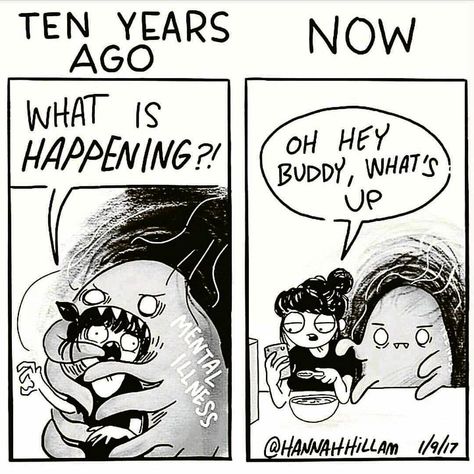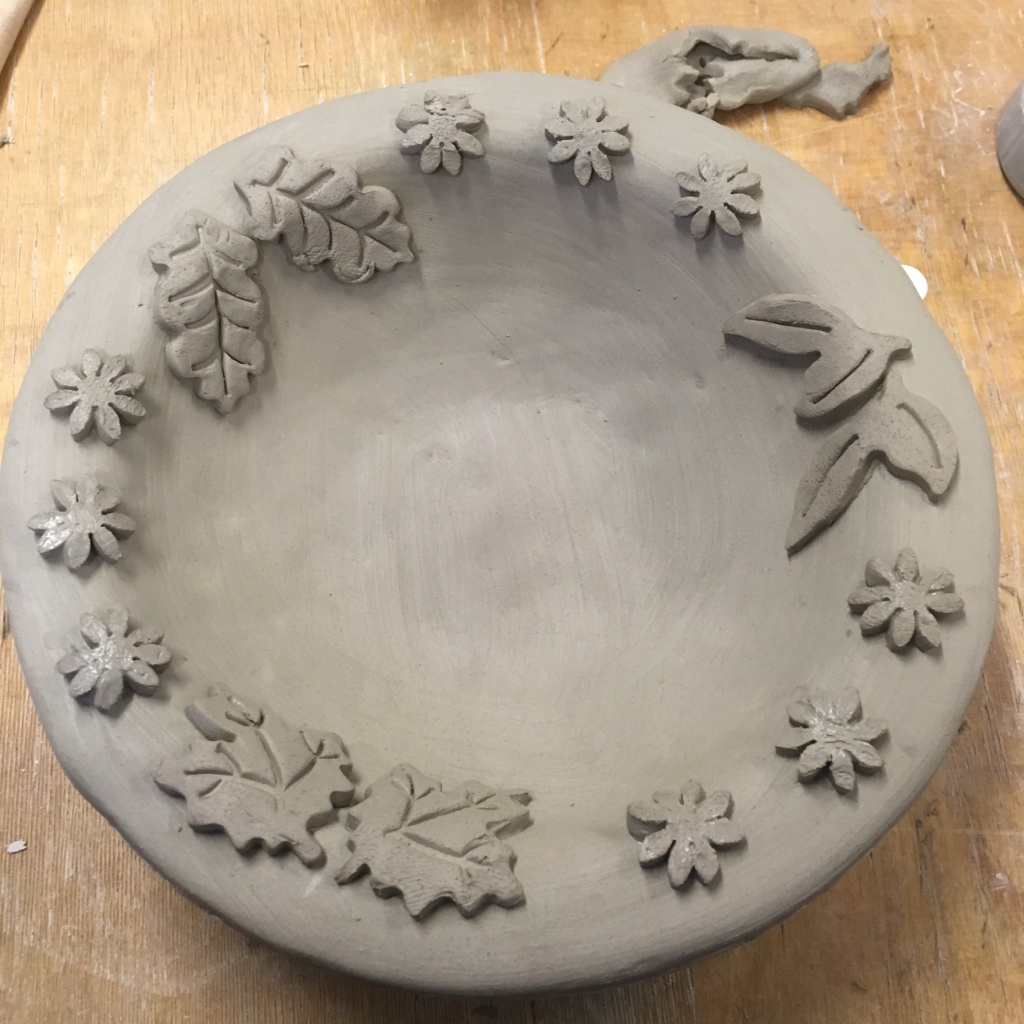***Trigger warning: mention of suicidal ideation.***
Hi everyone, I hope you are all keeping well and as safe as possible. I’m sorry but I am going to talk about the C-word. I think it’d be weird not to, since it’s colouring everything we think, say and do at the moment. So much of life is disrupted, so many people are ill, and sadly not everyone is recovering. Businesses are suffering (*puts hand in air*), weddings are being cancelled or postponed, and ‘normal’ life is something we all reminisce about rather fondly now. Remember when we could lick anyone’s face freely in the street? Okay, my memory isn’t great, but still. This is all A Bit Weird.
I’ve had a lot of people checking up on me over the last week or so, which is really lovely. People are concerned because they know I suffer badly with anxiety and depression, so naturally I could be LOSING MY SHIT right about now. And that would be a totally understandable response to the current worldwide situation.
But the truth? Actually I’m… fine. Don’t get me wrong, I’m as weirded-out as everyone else at the moment, disappointed that my fledgling business is on hiatus, and the thought of having my husband working from home for the next few months makes me feel a bit twitchy but generally I’m doing okay.
I have a diagnosis of Borderline Personality Disorder, have experienced crippling anxiety and depression, and was an inpatient in a psychiatric ward for nearly 3 weeks in 2018; my mental health would probably be described as somewhat ropier than most people’s, so why am I not running round in a circle screaming or curled up on a corner shaking? Trust me, I’ve been asking myself that a lot recently and there’s only one thing I can think of: I’ve faced a different kind of apocalyptic crisis and survived. On 7th May 2018 my world as I knew it ended, everything changed and I didn’t know what was going to happen next. I was at home from work for months, barely saw anyone, and had to face a foe I couldn’t even see.
Okay, okay, before anyone starts having a go saying that a complete mental breakdown and a global pandemic are not comparable, I’m not saying they are really, just that there’s a couple of things that I think I have taken from one to help me gain perspective on the other. Hear me out…
- Loss of routine.
It’s a year to the day since I handed in my notice at the school I worked in. Before that, I had been on sick leave for 10 months. That’s 22 months since I lost the rigid sense of routine that working, especially in a school, provides. I went from being busy to being someone who spent most of their time in the house alone. I had to build a routine out of what I had, and gradually I did manage it. Even tiny things like getting up, showered and making breakfast gave me structure. What TV shows I wanted to watch helped, too. I’d designate craft time, reading time, time to exercise. It took a while but eventually I did adjust to having to create my own little routine, and it’s stood me in good stead for starting my own business, which obviously means self-discipline and time-management. And it means that now, when we’re all having to spend a lot more time at home, it’s not uncharted territory for me.
2. Coping with uncertainty.
We have always lived with uncertainty, every second of every day. It’s just that now one massively scary thing is dominating the news and our brains and making us all face the fact that everything we thought was certain is actually incredibly fragile and subject to sudden change. That sounds awful, but it does have a flip side of making us more grateful for where we are right now. In 2018 I went from being a newly married teaching assistant who was building a career as a psychotherapist, and planning to start a family, to a suicidally ill person who could no longer do any of those things (except remain married, which we managed!). All my ‘certains’ were gone. I had to exist day to day and trust that by doing things on a smaller scale, I would eventually build myself back up to a place where I felt comfortable to plan for the future again. And you know what? It did work.
3. Who am I?
As I just mentioned, my breakdown meant that I lost a lot of the things that I felt gave me my identity. Jobs, and who we are at work, give us a MASSIVE sense of this, and I know that a lot of people are currently struggling because even if they can work from home, this is not as fulfilling or sociable as seeing your colleagues every day. Yep, been there. It sucks, but I guess I did find other ways to feel like myself again. Even if I couldn’t get out to see people (I self-isolated before it was cool), I tried my damnedest to keep in touch with them via texts, WhatsApp, Facebook or FaceTime. I even wrote… letters. I reconnected with the bits of me that weren’t tied into my job, and slowly, slowly, slowly began to remember them. I was, and always had been, more than my job, and it didn’t do me any harm to figure that out.
4. Fear.
For over a year, I lived with shapeless, shifting, blood-curdling fear. Fear that I was never going to feel like a real person ever again, fear that I’d always be poorly, that we’d never be able start a family, and ultimately the fear that I’d eventually lose my battle with my own mind. This isn’t just me remembering it wrongly – my family will tell you that I lived in a constant state of terror. I shook, vomited and hid from everything. Even just writing about it now makes my heart rate go up, I can feel it in my chest.
I CRAVED instruction and a clear plan. I remember saying so many times that I just wished someone would say to me ‘if you follow these clear steps the chances are strong that you WILL survive this’. Experts, health officials and people who know a lot more than me about pandemics and viruses are giving us clear steps now, and I am happy to follow them. I know that they won’t necessarily keep me and those I love completely safe, but odds are they will. Also, there are practical things I can do here to stay well and safe, and practical steps are always helpful in a crisis, even if it’s just singing ‘Happy Birthday’ twice while I wash my hands.
So, I am in no way saying that everyone who has experienced a mental health crisis will feel the same way as me, or indeed that people who haven’t are at a disadvantage (ha!), I’m just trying to make sense of the way I am coping at the moment. I am aware that my mental health, and everyone’s, is fragile and that I need to do extra things to keep myself well mentally as well as physically at this time. I would also like to highlight that I do not suffer from health anxiety, and I cannot imagine how difficult this all must be if you do.

I also just want to send out massive love and (long-distance) hugs to everyone at the moment. It’s hard, and so scary, but if being ill has taught me one thing overall, it’s that nothing (good or bad) lasts forever. This too shall pass.
All that, and I haven’t actually said ‘coronavirus’ once.
Sarah x









